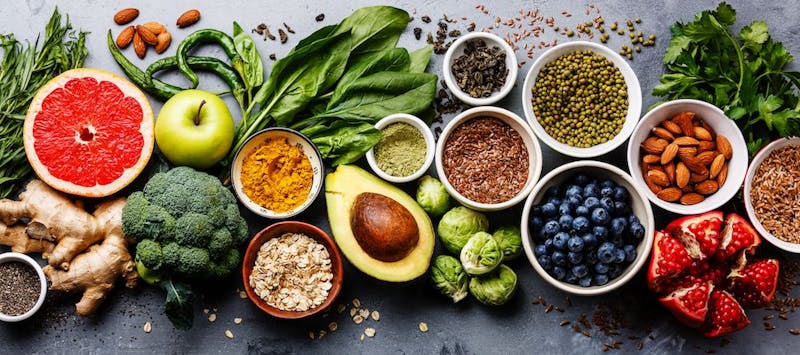
The food you eat after surgery will significantly impact your recovery process. When eating nutritional foods, you may prevent symptoms such as constipation and high blood glucose. These two issues can complicate your surgery, and even other problems may arise from eating the wrong foods. The complications depend on your underlying health conditions and the type of surgery performed.
It is a great idea to discuss with your plastic surgeon the foods you should eat. After the discussion, sit down and plan to avoid last-minute mishaps. As you plan, ensure that your water intake is high since dehydration is common after surgery. This will help avoid fatigue and serious medical issues.
So, what foods should you eat after surgery?
Smoothies and Soft Foods
Sometimes, it is hard to eat after surgery. You may lack an appetite, or your throat may be sore after intubation. If you struggle with eating, you should eat calorie-rich foods. These foods contain higher calories per bite than other foods. Make sure they are nutritious to aid the body as it repairs and heals.
Smoothies and soft foods are an efficient way of getting calorie-rich foods. You can mix milk, fruit, and protein powder to give you a calorie-rich smoothie. You can also add leafy vegetables like spinach and kale. Aim to obtain the most nutrition out of your smoothie or soft foods.
Leafy Vegetables
Kale and spinach are leafy green vegetables with plenty of nutrients and especially high in vitamin C. These nutrients will enhance your immune function, decrease inflammation, and improve the healing of your wounds. Leafy vegetables also contain magnesium, manganese, and folate which are vital for immune function and overall health.
Lean Proteins
Lean proteins contain amino acids that help your body regenerate tissue. They also promote the production of collagen. Collagen helps protect your skin by keeping it infection-free as you heal.
There are different sources of protein such as chicken, turkey, and seafood. Lean proteins like salmon have omega-3 fats, iron, zinc, selenium, and B vitamins. These additional nutrients enhance your immune response, reduce inflammation, and promote wound healing. Also, three ounces of salmon provide 70 percent of your daily needs for selenium.
Berries
Berries are full of antioxidants, plant compounds, and nutrients that support your body's recovery. They have vitamin C, which promotes wound healing. The antioxidants enhance your immune system, reduce inflammation, and are antiviral.
Nuts and Seeds
Nuts and seeds are optimal for fueling your body during the recovery process. Eat walnuts, sunflower seeds, almonds, and pecans for a healthy source of plant-based protein. They also provide healthy fats, vitamins, and minerals. Vitamin E acts as an antioxidant, protects against cellular damage, and boosts your body's immunity.
Sweet Potatoes
Sweet potatoes are high-carb foods that provide your cells with healing energy. They have enzymes that aid in wound repair and reduce inflammation. They also have carotenoids and manganese, which optimize your immunity and help you recover.
For more information on the best foods to eat after surgery, call Changes Plastic Surgery & Spa at 858-264-3800 with any questions or to schedule a consultation.

